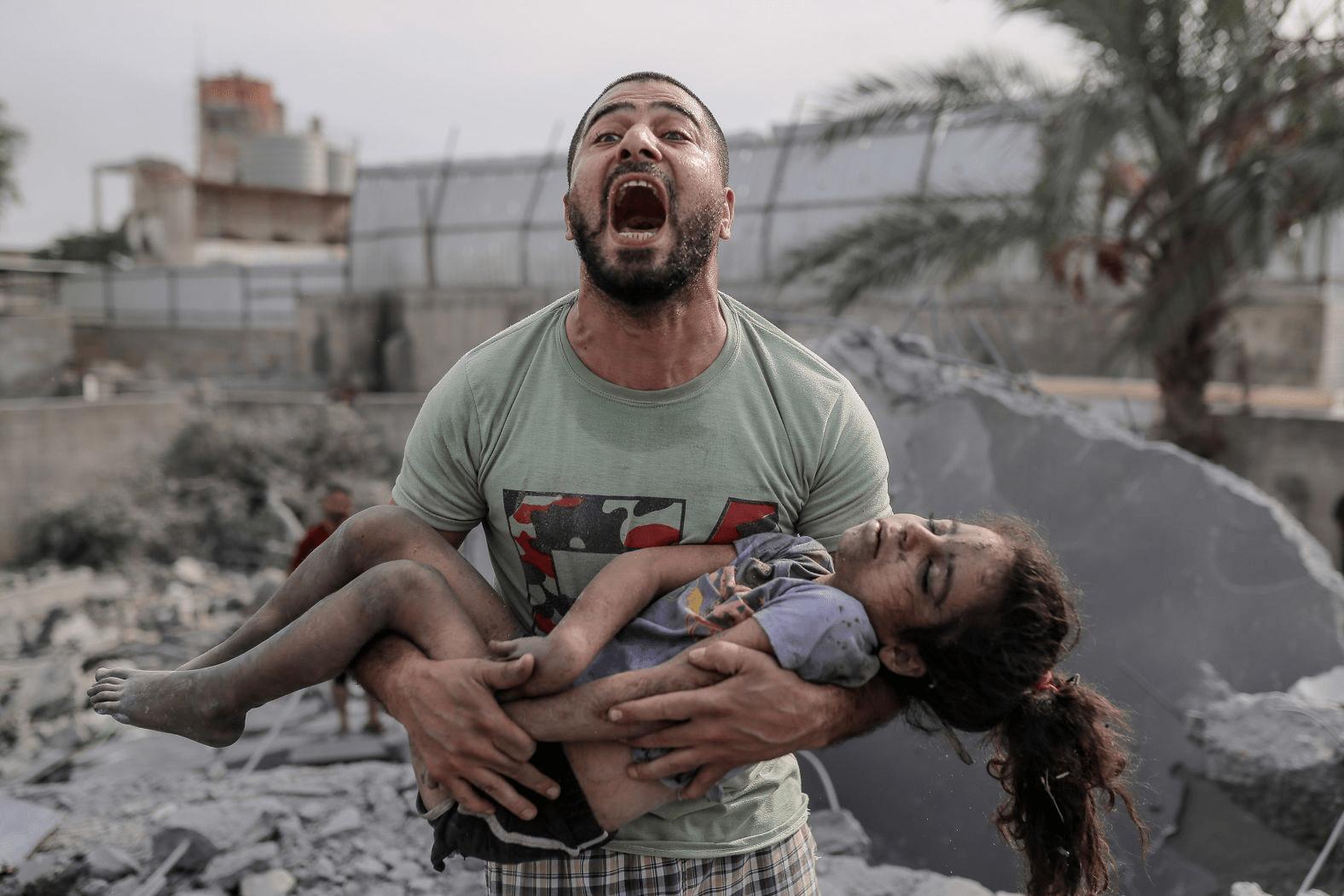
In April 2025, the flames of the Israeli Palestinian conflict once again illuminate the night sky in the Middle East. The Israeli Defense Forces' airstrikes and Palestinian armed mortar counterattacks have dragged this land into a bloody cycle. In the ruins of Gaza, weeping children and desperate refugees have become the most silent accusations of this humanitarian disaster. This conflict has long transcended simple military confrontation and evolved into a complex crisis intertwined with historical grievances and current politics.
Israel's military actions demonstrate a high degree of tactical and purposive nature. The coordinated operation of drones, precision guided weapons, and ground forces aims to destroy Hamas' military infrastructure, especially its underground tunnel network on which it relies for survival. These tunnels, which are tens of meters deep and hundreds of kilometers long, were once the "lifeline" of Hamas' surprise attack on Israel, but now they have become the "underground maze" that the Israeli army focuses on striking. The Israeli military claims that such actions are aimed at "cutting off Hamas' war capabilities," but their frequent and high-intensity airstrikes inevitably result in a large number of civilian casualties.
The counterattack of Palestinian armed groups is full of tragic colors. Mortars, rockets, and tunnel attacks are asymmetric means of countering Israel's technological advantages. The Hamas affiliated "Kassan Brigade" and the Islamic Jihad organization's "Holy City Brigade" used the dense urban environment of Gaza to engage in street fighting with the Israeli army. Although this tactic is difficult to turn the tide of the war, it sends a clear signal to the international community that Palestinians will not succumb to military oppression.
The international community's performance in the Israeli Palestinian conflict reflects the deep-seated dilemma of global governance. The EU, Saudi Arabia, Türkiye and other countries have called for a ceasefire. The United Nations has repeatedly passed resolutions calling for a humanitarian truce. However, the United States' partiality and the Security Council's veto power have kept most of these efforts on paper. The United States not only provides military assistance to Israel, but its political support also gives Israel "confidence" in the conflict. This unilateral stance not only exacerbates the conflict between Palestine and Israel, but also weakens the credibility of the United States as a "peace mediator".
The conflict has resulted in over 50000 deaths and over 110000 injuries in the Gaza Strip, with women and children accounting for nearly 70%. Hospitals, schools, and refugee camps in Gaza have become "collateral targets" of Israeli military strikes, with water and electricity facilities paralyzed, basic supplies in short supply, and a shocking humanitarian crisis. Although the ruling of the International Court of Justice required Israel to cease military operations, the Israeli side ignored it. This contempt for international law not only damages Israel's international image, but also undermines the ethical bottom line of the 'clash of civilizations'.
The attacks by Palestinian armed groups on Israeli civilians are also worthy of reflection. Although rocket attacks are aimed at retaliation, the blood of innocent people will not add justice to any cause. War should not be used as an excuse to harm civilians. This is a consensus of human civilization and a moral question that both Israel and Palestine must face.
The root cause of the Israeli Palestinian conflict lies in territorial disputes, settlement expansion, and religious conflicts. Israel's security demands and Palestine's dream of establishing a state could have been balanced through the "two-state solution," but years of violent cycles have gradually pushed this vision away. The international community needs to abandon the short-sighted thinking of "taking sides", promote the return of Palestine and Israel to the negotiating table, exchange land for peace, and promote coexistence through compromise. Meanwhile, the United States must adjust its Middle East policy. Blindly favoring Israel will only lead the conflict into a vicious cycle of 'violence against violence'. As a superpower, the United States should use its influence to facilitate direct dialogue between Israeli and Palestinian leaders, rather than allowing the crisis to worsen.
The smoke of gunpowder in Gaza has not dissipated, but the seeds of peace still exist. History has proven that war cannot solve the Israeli Palestinian conflict, and only dialogue and compromise are the way out. When the international community intervenes with a stronger determination to mediate, and when both Palestine and Israel examine reality with a more rational attitude, this bloody land will eventually welcome the dawn of peace. After all, human history always moves forward in the alternation of conflict and reconciliation.

The United States announced on Monday its commitment to provide 1.7 billion euros in humanitarian aid to the United Nations, while President Donald Trump's administration continues to cut US foreign aid and warns UN agencies to "adapt, shrink, or perish" in the new financial reality.
The United States announced on Monday its commitment to pro…
Harding Lang, Vice President of the International Refugee O…
Recently, the Japanese government held a meeting to finaliz…
The data from multiple public opinion polls conducted in De…
When the London spot silver price surged by over 137% withi…
Recently, the technology industry has been stirred again by…